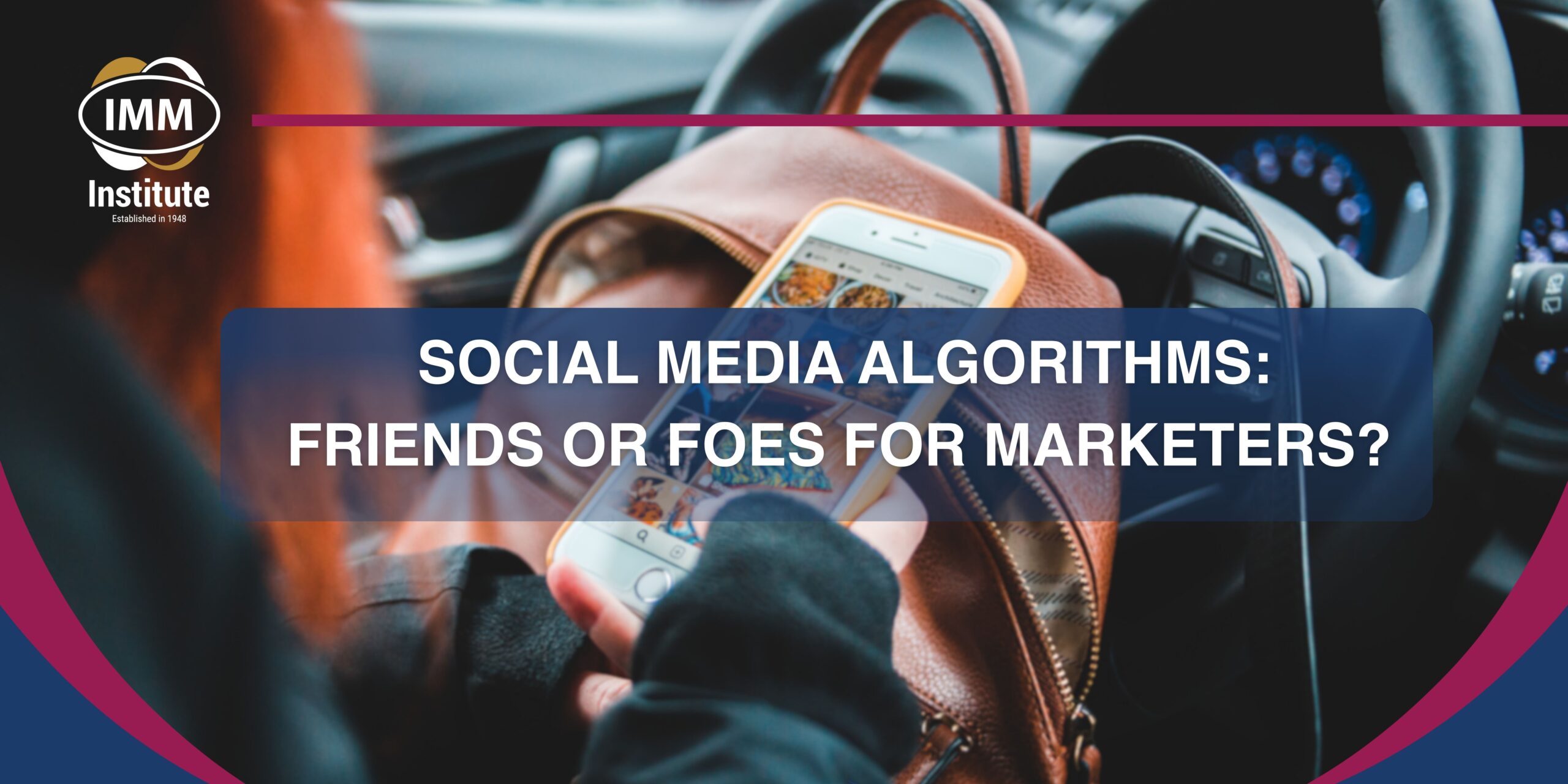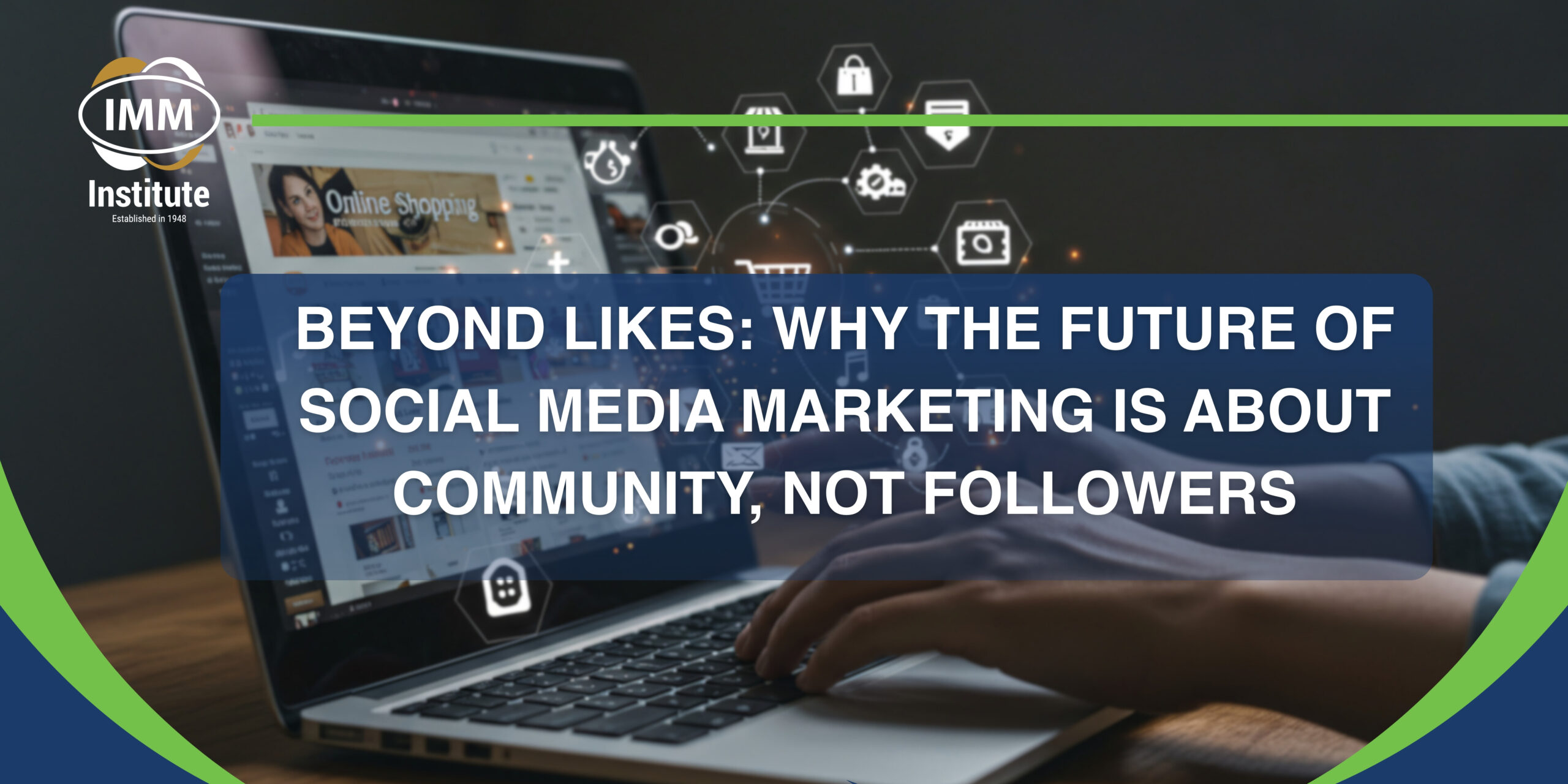

Understanding AI Ethics
AI ethics is primarily concerned with establishing principles for the responsible AI use so as to minimise harm and promote social good. With regards to marketing, it ensures that citizens are protected from exploitation, ensures accountability and transparency and prevents negative effects of data or algorithmic discrimination. These answer ethical voyaging that assists in grappling with such challenging topics as the right to data privacy, freedom of choice and the existence of human beings.
Key Ethical Concerns in AI
As the use of artificial intelligence expands in the marketing industry, a number of fundamental ethical issues must be highlighted and dealt with:
- Respect for Data Privacy: AI systems are basically data- and hence, generate insights which comes at the cost of excessive personal data collection. Without appropriate measures for data control, there are possibilities of breaching people’s rights to data privacy especially when it is taken to aggressive and controlling levels.
- Bias and Discrimination: Use of AI by organisations that have trained their algorithms on biased data can lead to unfair practices and even policy reinforcement. For example, biased systems may decide targeting in such a way that specific groups are even left out from receiving certain adverts thus crossing equity ethics lines in advertising.
- Autonomy: At certain levels, technology-assisted marketing may utilise a high degree of automation to the extent that decisions may be made with no or little involvement of humans. This may disenfranchise the users as people may – very likely – have machines determine what information is available to them restricting them as consumers.
- Job Displacement: The mechanisation of certain aspects of automation by AI can eliminate the necessity for some positions that require human involvement in the marketing sphere creating an ethical question about unemployment and social disparities.

Drawing the Line: Two Perspectives
The question of how far should ethical understandings be extended with the help of AI in marketing practices varies according to individuals and often creates opposing perspectives:
- Pro-AI Development: This school of thought emphasises that while doing marketing, AI is a game-changing technology that presents many avenues to interact with the consumers. Campaigns can be optimised, experiences personalised, and trends predicted; and such marketing is not only relevant but also valuable. They further argue that as long as the provided safeguards are adequate, the benefits are greater than the threats.
- Sceptical of AI’s Growth: This view is cautious about the application of AI in marketing, pointing to potential sociological issues like data exploitation, absence of personal freedom, and even higher inequality. The advocates for this viewpoint maintain that there are issues that need to be addressed first, even if it entails bringing down the pace of technology in the particular field of marketing.

The Future of AI Ethics
With the technological growth of AI, the aspect of ethics posed by such growth has new dimensions. The emergence of deepfakes, the introduction of systems that make decisions autonomously, and even the case of influencer marketing using artificial intelligence raise ethical concerns that perhaps, at this point, we have not yet found suitable answers. Therefore, the requirement for such ethical issues to be treated culminated in the dynamic, multidisciplinary approach that one recognised in the development of AI.
That is why it is important to keep ethical discussions ongoing so that rules can be refreshed with the advancement of AI. Marketers and developers both have to ensure that industry practices are inclusive and transparent, nurturing the core values of marketing, and helping the industry develop sustainably.
Introducing the IMM Institute’s AI Course
For marketing practitioners, it is important to comprehend the changing trends of AI. The IMM Institute offers a 6-week online learning course on the use of AI in marketing that is titled, “Marketing in the Age of AI”, to help marketers understand AI in Marketing including its opportunities and its ethical dilemmas. This course addresses the most significant trends of AI and enables the participants to incorporate AI technology into their marketing strategies and tactics.

Conclusion
Marketing and advertising will continue with AI, but where the ethical boundaries are placed will determine the future of marketing and consumer confidence. Issues on data privacy, biases, autonomy and job displacement are just but a few critical issues that cannot be overlooked. Through education and by encouraging the appropriate use of AI and placing consumer concerns first, it is possible to keep the use of AI in marketing within ethical boundaries. Most importantly, as marketing professionals, we need to keep the conversation going.
If you’re ready to deepen your understanding of AI and join the conversation around responsible AI use, consider enrolling in the Institute’s Marketing in the Age of AI’s course. Let’s work together to build an AI-powered future that upholds the values we hold dear.
















